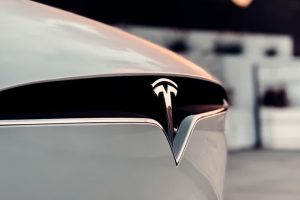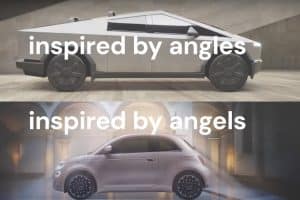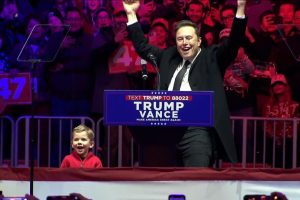Tesla’s North American Charging Standard (NACS) seems to be gaining more traction, with recent reports suggesting that Kentucky recently implemented a policy that mandates EV charging companies to include a NACS plug if they wish to participate in a state program aimed at electrifying highways using federal funds.
Tesla’s NACS has been seeing a lot of momentum as of late, with carmakers like Ford, General Motors, Volvo, Polestar, and Rivian announcing that they would be adopting the North American Charging Standard for their vehicles. EV charging companies like ChargePoint and Electrify America have also announced that they would offer NACS plugs in their charging stalls.
Kentucky would be the first state to require the use of Tesla’s charging technology, as noted in a Reuters report, although Texas and Washington had previously expressed similar plans. As per documents reportedly reviewed by the publication, Kentucky’s request for proposal (RFP) for the state’s EV charging program indicated that stalls should be equipped with both a CCS and a NACS plug.
“Each port must be equipped with an SAE CCS 1 connector. Each port shall also be capable of connecting to and charging vehicles equipped with charging ports compliant with the North American Charging Standard (NACS),” the documents read.
While support for Tesla’s NACS is growing steadily, the standard has also attracted its own fair share of detractors. Reuters, citing a source reportedly familiar with the matter, recently reported that a group of electric vehicle charger makers and operators are pushing back against Texas’ plan to mandate the NACS in charging stations.
“Time is needed to properly standardize, test, and certify the safety and interoperability of Tesla connectors across the industry,” the group noted. The publication’s source also suggested that some of the organizations pushing back against the NACS are planning to reach out to the federal government if needed.
Earlier this year, the US Department of Transportation noted that charging companies should provide CCS plugs for them to be eligible for federal funding, which is aimed at deploying 500,000 EV chargers by the end of the decade. Considering the growing adoption of Tesla’s NACS, however, it would not be surprising if the US’ EV charging infrastructure also ends up mandating the standard in the future as well.





